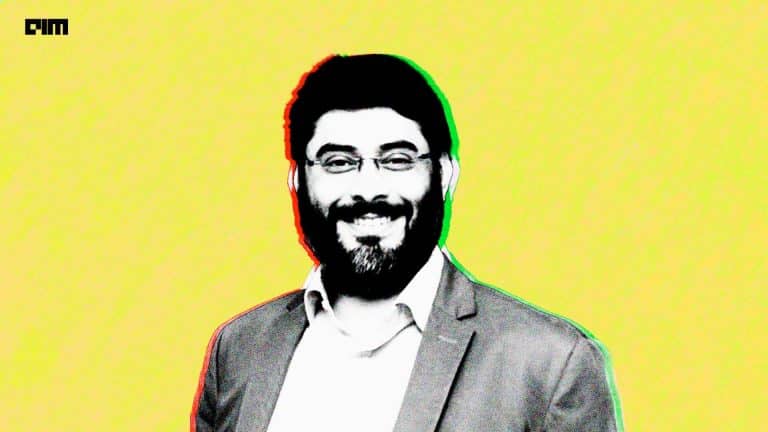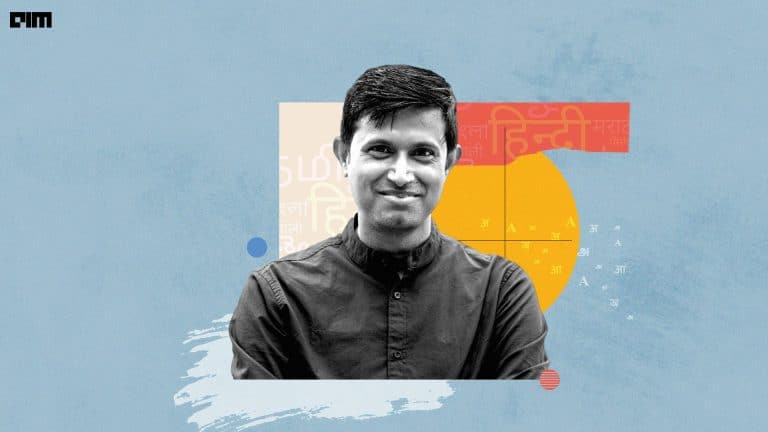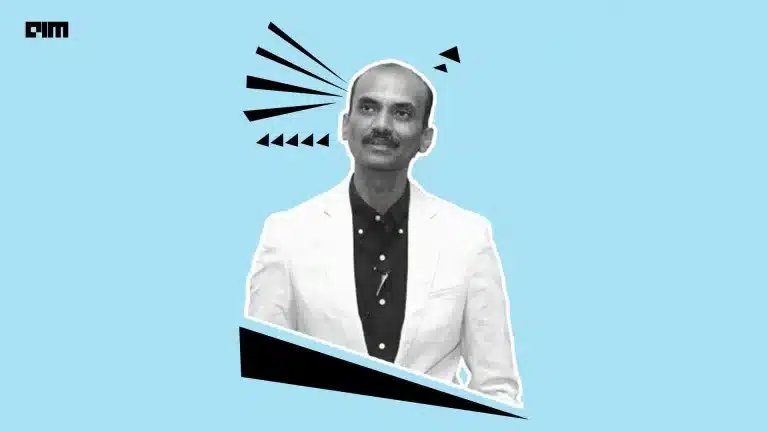Apart from meeting the Indian Prime Minister Narendra Modi at the Global AI Summit to discuss the knowledge economy and AI initiatives that India can build, Amit Sheth, the chair and founding director of the Artificial Intelligence Institute at the University of Southern Carolina (AIISC), has been continuously working with Indian academic institutions to drive research in the country.
AIM caught up with Sheth to gain insights about how he views the current state of AI in India and how it can be fostered further to have more breakthroughs from within the country on a global scale.
“When I first spoke to Mr Modi in 2009, Google’s valuation was around $100 billion, compared to India’s total GDP of $1.1 trillion,” Sheth highlighted that in the US, universities such as Stanford and UC Berkeley promote research that helps companies such as Google to build better products. The same needs to be done within India.
“Though Indian universities produce some very good engineers, they are very successful in the West. I think it’s time we take a look at India, and see if we can build something like ChatGPT from India,” Sheth emphasised the need for India to innovate and ship AI products to the rest of the world, including the West.
A similar thought was also expressed about Indian institutions by NVIDIA chief Jensen Huang when he visited India. “We should build here, train here, and produce AI here. You have everything you need to build the AI and use the AI here in India, but you need to have the infrastructure,” he said, saying how IITs have become the talent hub of the world.
India can build relevant and useful AI models
“Nobody else will build these Indic language models, and it’s definitely needed at the moment,” Sheth expressed enthusiasm about the rise of Indic LLMs such as Kannada, Tamil, and Telugu models based on Meta’s Llama 2 model. “We should try to use these models in nonsevere healthcare use cases such as anxiety and depression, as AI models today are capable of supporting patients with such conditions safely, while protecting privacy and confidentiality,” he explained.
“We have unique datasets and problems that no one else has, and we should leverage that to create specific AI models,” Sheth said that India can create possibly the best health-related model with its large and unique healthcare datasets.
He believes that this can be achieved with academic and private partnerships, which BharatGPT, Ola’s Krutrim, Sarvam AI, and Tech Mahindra’s Project Indus are also on the path. “A lot more research needs to be done, and I think high-quality original research is growing,” he added, also emphasising that it is also the government’s responsibility to support these projects by providing funds to travel to conferences or providing GPUs for training AI models, rather than the students having to buy the infrastructure.
“There needs to be a lot more investment in AI research, which is still very low,” according to Sheth, compared to other countries. “But India is still doing great despite less funding.”
To skyrocket this, Sheth is part of a team that has proposed Ekagrid, a private research university with an ambition to be ranked among the top in the world and contribute to India’s research-driven ecosystem as Stanford and UC-Berkely have done for Silicon Valley. This team includes experts from 11 of the 25 top universities in the world. The project is still in its initial stages and is looking to raise funds. “The Prime Minister was very prompt and quick to understand the need for this project and provide actionable guidance”
India’s vision should be progressive and aggressive
“Generally, I would not be the right person to talk to administrators, bureaucrats, and politicians about my work, but I saw that the Prime Minister has been very open to engaging with experts and gaining insights he can use to transform India, in this case by using AI.”
After his engaging discussion with the PM that lasted over half an hour, he was invited to give a one-hour inaugural keynote at the third Annual Conference of Chief Secretaries. This conference had well over 150 top government secretaries from all states and many central government ministries.. He sees this as the PM’s effort to inform and educate all the key people he will rely on for implementing his vision of using AI to transform India.
Highlighting Prime Minister’s and Rajeev Chandrashekar’s speech during the Global AI Summit, Sheth said that the government looks very keen on transforming India with generative AI. Therefore, given Sheth’s expertise in building three research organisations including AIISC, he said that his work heavily overlaps with the emphasis that the government is doing.
“The government is focused on AI for health, cybersecurity, and education, as three of the top application areas,” Sheth said. That is what Sheth told the ministry about what part of AI India should invest in going forward. While generative AI has caught everyone’s attention, he outlined the relevance and importance of neurosymbolic AI approach which is what he believes will drive the next, third phase of AI.
No fear of AI
Giving examples of fake news and the problems with detecting AI-generated content, Sheth also told the panel that solving every problem with generative AI is not feasible. “Generative AI is purely driven by data; data alone is not enough to solve all the problems. We must incorporate knowledge and human experience in that process,” he said when explaining how neurosymbolic AI advances generative AI.
Sheth believes that we are not ready yet to train a model to compete with OpenAI’s GPT-4 as it would take millions of dollars and compute, which is hard to acquire at the moment. Plus, he also says that we also need to make sure about gathering data ethically.
“There is a lot of scope for developing targeted and compact models that can do specific jobs with around 7 billion parameters. That is what people are doing as well in India,” he said about many models coming up for specific use cases, giving an example of Microsoft’s Phi-2 as one of the platforms of relevance. This is what his team is also currently pursuing.
When talking about AI education, Sheth said that AI is going to create a lot more jobs than it is going to remove. Most importantly, Sheth added, “We should start teaching AI not just from high school, but also from middle school to make kids accustomed to AI and not fear it replacing them.”
“The number of jobs AI can replace is likely to be much smaller than some estimates that are as high as 40% . Some areas might have more effect than others,” Sheth said about the overhyped fear of AI replacing jobs. “You have to learn how to learn and adapt to new things. That is what I keep telling my students to learn something outside of the degree,” Sheth concluded on a positive note.


![[Exclusive] Meet the AI Advisor of Prime Minister Narendra Modi](https://analyticsindiamag.com/wp-content/uploads/2024/01/Amit-Sheth-on-Making-India-the-AI-Hub-of-the-World-.jpg)















































































